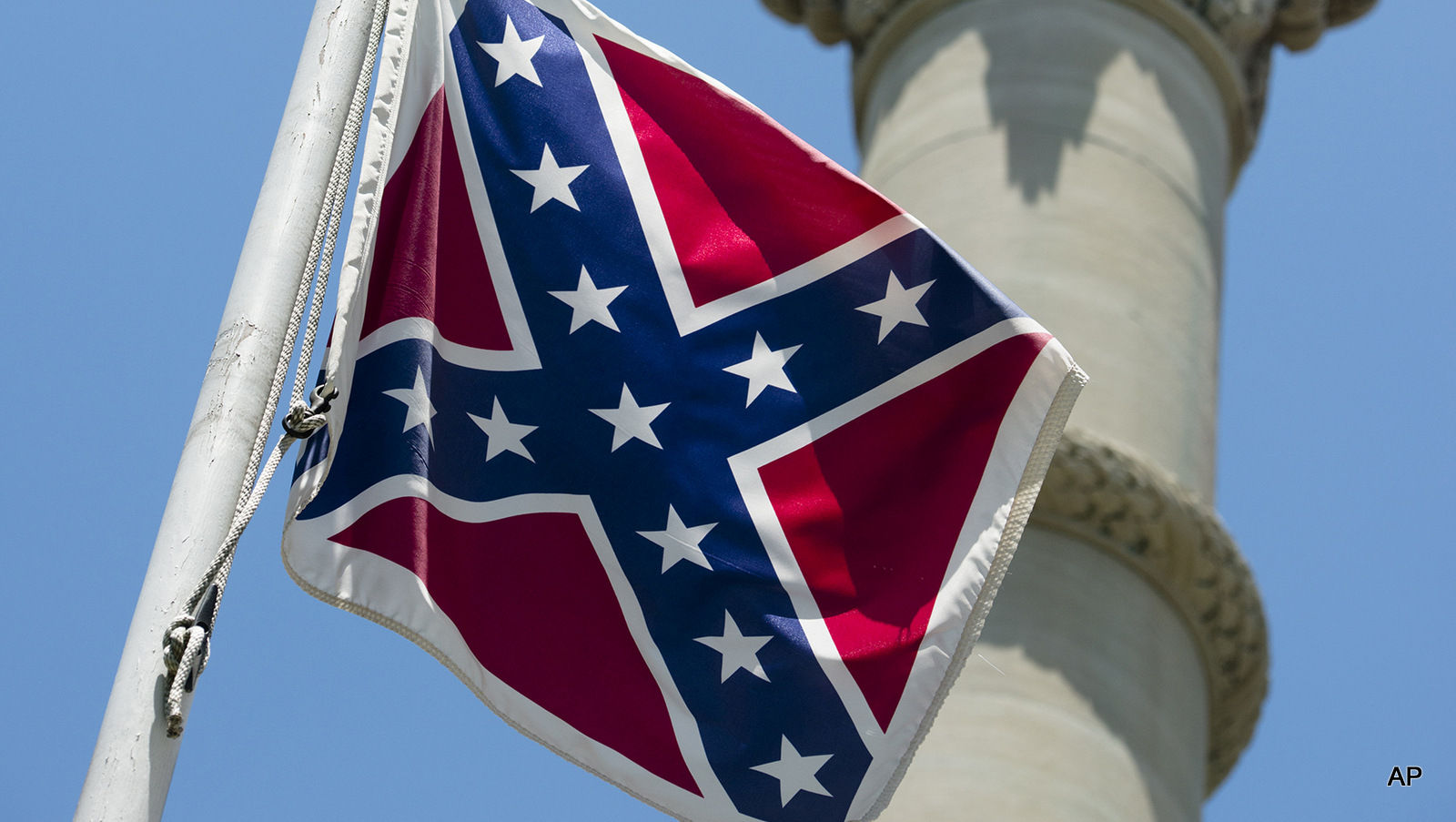How correct is correct enough?
July 1, 2015Finishing Strong
July 1, 2015There’s been a lot of talk about the Confederate battle flag, sparked by the church massacre in Charleston, attributed to a deranged young man with demons nourished by demagogues and haters.
The flag is not much of an issue here and never has been. It appears on the occasional shrimp or sport boat or front lawn in Terrebonne or Lafourche. It flies from the beds of pickups that circle neighborhoods around Mardi Gras time, to the annoyance and horror of some who know too well what some people with a flag like that are capable of.
The argument of flag supporters is that it stands for heritage and not hate. The claim is often disingenuous. But in some cases it is true.
If anyone has credential to fly a rebel flag it is Thibodaux attorney Denis Gaubert, who is president of the Sons of Confederate Veterans Randall Lee Gibson camp. Denis has four ancestors he knows of who fought for the Confederate cause. They were not wealthy plantation owners. Their motives for fighting and enduring great hardship, by available accounts, had little if anything to do with perpetuating the institution of slavery and much to do with protection of their homes and communities.
They were Joseph P. Toups of the 18th Louisiana’s Co. G, the Lafourche Creoles; Augustin Breaux and Norbert Bourgeois of the 26th Louisiana’s Co. D, the Bragg Cadets and Paul Amie Melancon of the 26th Co. I, the Allen Rifles. All made it home alive, and Denis admires their courage, perseverance and places in history.
But he does not fly the flag that decades ago was hijacked by groups like the Ku Klux Klan and Louisiana’s White League for their own purposes.
Denis does fly the stars and stripes, the only flag he has allegiance to, the one under which his father, Lt. Col. Denis Gaubert, served for 23 years.
“I am an American first above anything else,” Denis proclaims. “I wouldn’t fly a Confederate flag in front of my house because I don’t have any particular statement I want to make by flying the flag. To proclaim my pride or my personal heritage I don’t need to put a flag out in front of my house. I don’t have to wave it in anybody’s face.”
What flag anyone displays on their private property is of course their business and should be free from regulation whenever possible.
But what flies publicly, on taxpayer-owned buildings or lands, that’s a different story.
A flag used as a standard of terror by people who bomb children in churches, beat peaceful marchers into the pavement and – most recently – attack the faithful once more in a house of God, after being welcomed and praying with them, has no business on public grounds, except perhaps in a museum.
The arguments for removing a battle flag with little historical context from the a government beach display at Biloxi, or the South Carolina dome or from the canton of the Mississippi state flag have raged for decades. Only now, with nine people dead, do the politicians feel safe enough to say the flag must come down. And it is, in South Carolina, Alabama and perhaps soon in Mississippi.
It is no more offensive in 2015 than it was in 2010 or 1999, when there should have been reasonable understanding that if my neighbor might be offended or moved to fear I should eliminate that thing which causes it.
In that sense, the victims of the Charleston massacre are martyrs, whose deaths have made for a sweeping change. Their tragic deaths have, regrettably but truthfully, created an atmosphere in which politicians are not only speaking truth, but appear to be acting on it. But the hand-wringing over the rebel flag, the vows for removal, represent too much action promised too late.
Asked about his thoughts on the flag, Gov. Bobby Jindal has said that the time for such discussion should come later, not while the victims in Charleston are still being mourned.
He is wrong.
Discussion and action should have come long before that sad event ever had a chance to happen.
Since the shooting of nine black people at a Charleston Bible study the Confederate battle flag, widely displayed throughout the South, has again become an issue, with moves to remove its display from NASCAR to the South Carolina statehouse grounds and beyond.







